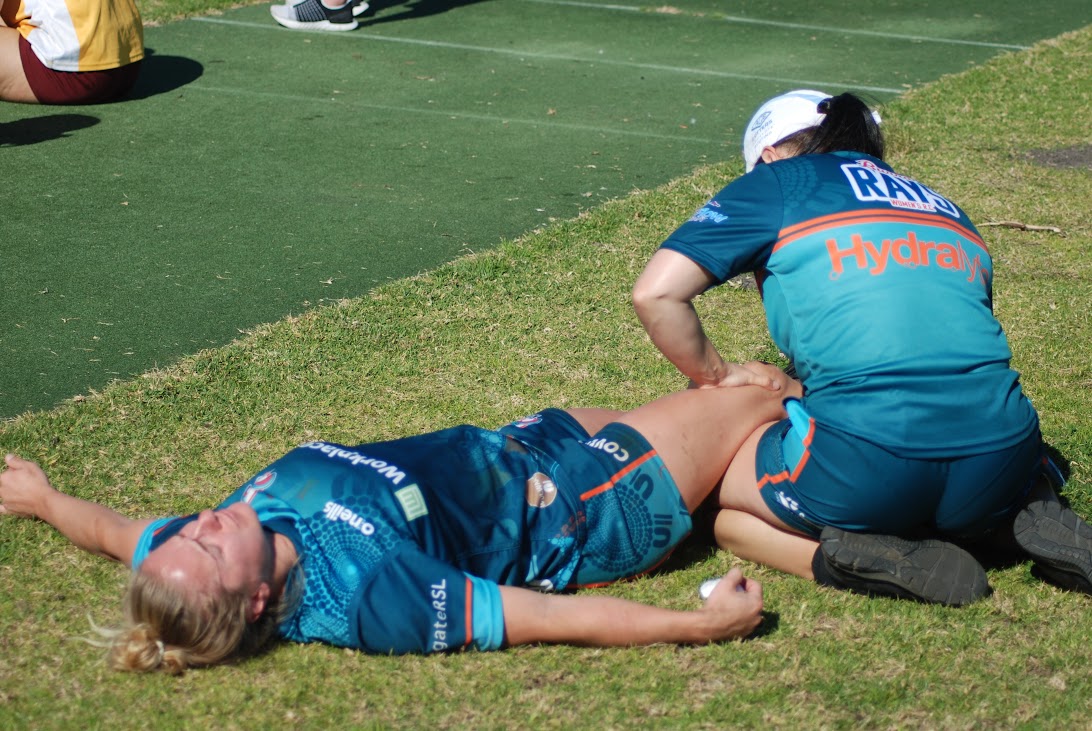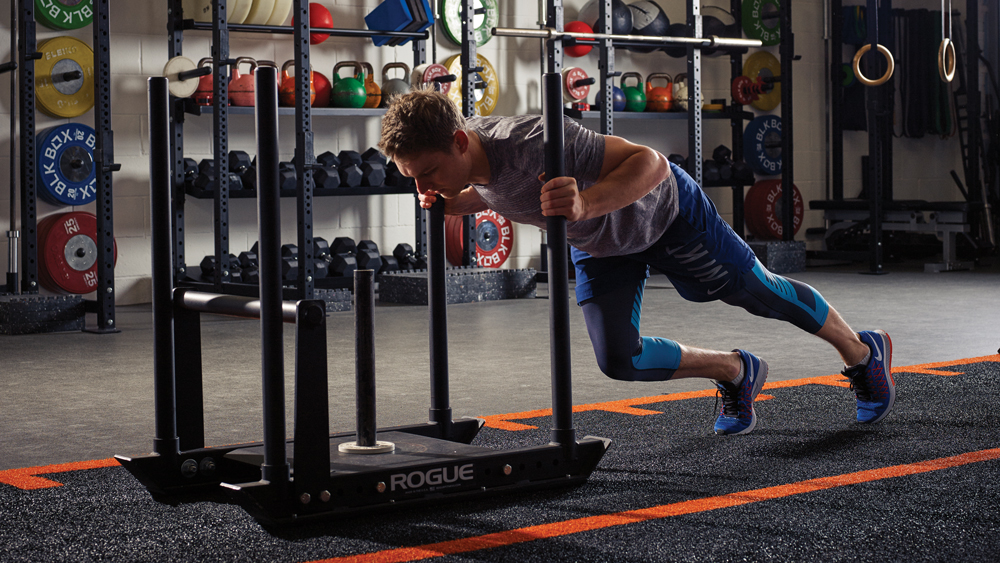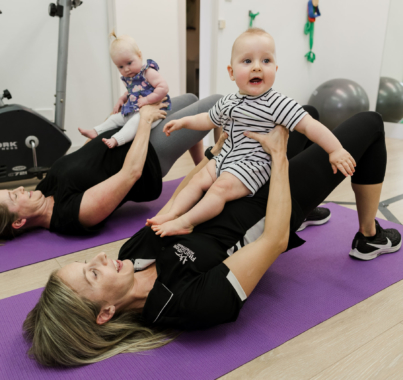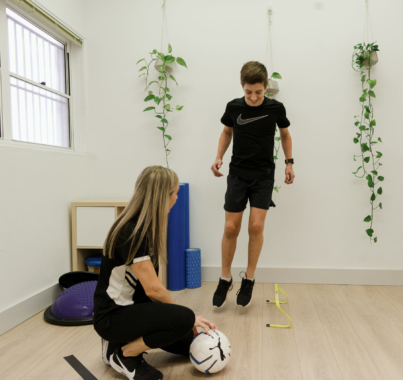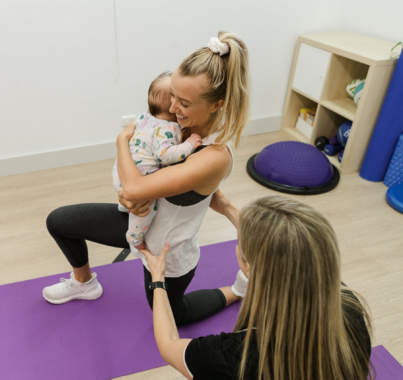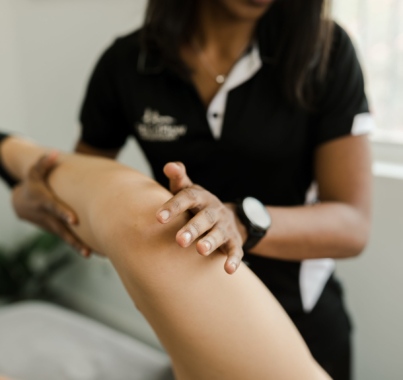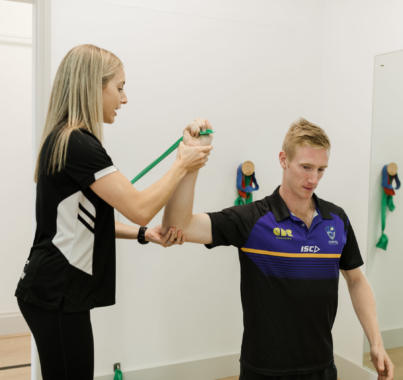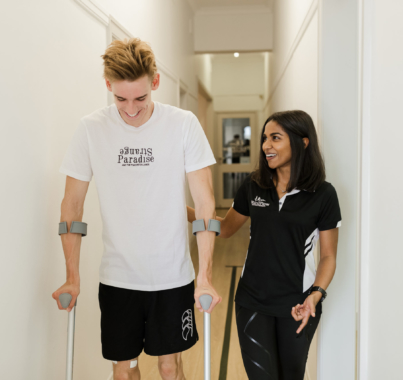We’ve all been there. You tweak something during a workout, feel a sharp pain while running for the train, or wake up one morning with a stiff neck that wasn’t there the night before.
At first you might think “It’ll be fine”, “It’ll go away”. Sometimes it does, but often it lingers. You start moving differently to avoid the pain, skip the gym or sport for a week, and before you know it, it’s been months.
As physios, we see this story play out every week. And here’s the truth: getting help early almost always means a quicker recovery and less risk of it turning into a long-term problem.
6 Signs It’s Time to Book That Physio Appointment
1. The Pain Isn’t Getting Better
If it’s been more than a week or two, and you’re still feeling the same (or worse), it’s worth getting checked. Pain is your body’s way of waving a red flag that something isn’t right. Sometimes the cause is obvious, other times it’s hiding behind muscle tightness, joint stiffness, or poor movement patterns. Early physio means faster treatment and less chance of it turning into a bigger problem
2. You’ve Got the “Same Old Injury” Again
That knee that plays up every time you start running again? The shoulder that flares whenever you lift overhead? Recurring injuries are rarely bad luck, they’re usually the result of underlying weaknesses, mobility restrictions or poor loading habits. We’ll help you find and fix the root cause so you can break the cycle
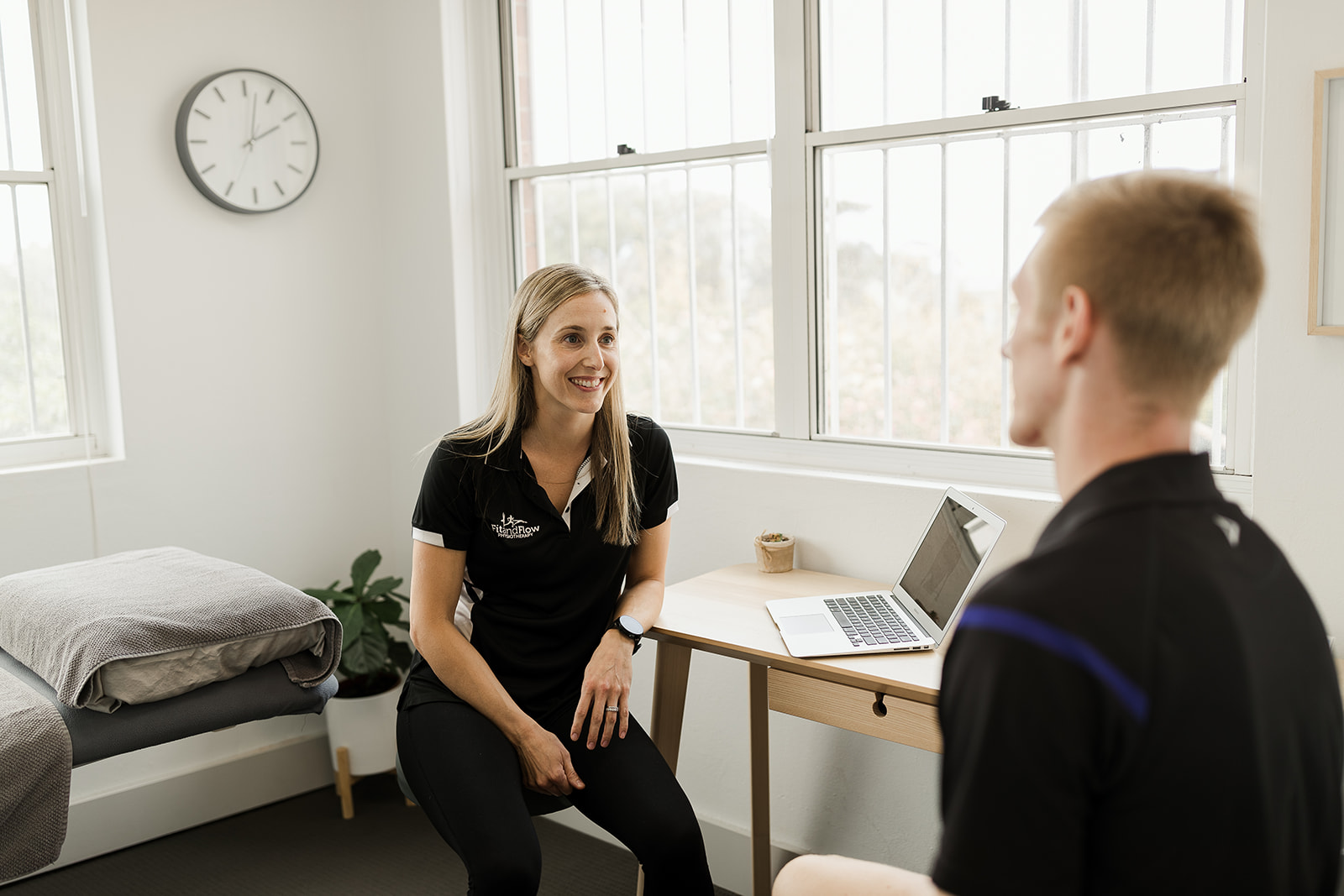
3. You’ve had a Sports or Gym Injury
Even minor injuries can be sneaky. An ankle roll might seem fine until it keeps swelling after activity. A ‘tight’ hamstring may be a small tear. The earlier you get a proper assessment, the sooner we can guide you through targeted rehab. So you’re not just pain-free, but confident and strong enough to return to your sport without worrying about it happening again.
4. You’ve Lost Movement or Strength
If you can’t move like you used to, whether it’s turning your head to check your blind spot, reaching overhead or squatting without stiffness, something’s restricting you. It could be joint stiffness, soft tissue tightness or nerve irritation. Ignoring it often leads to compensation in other areas, which can cause new issues down the track. Physio can restore normal movement and help you keep it.
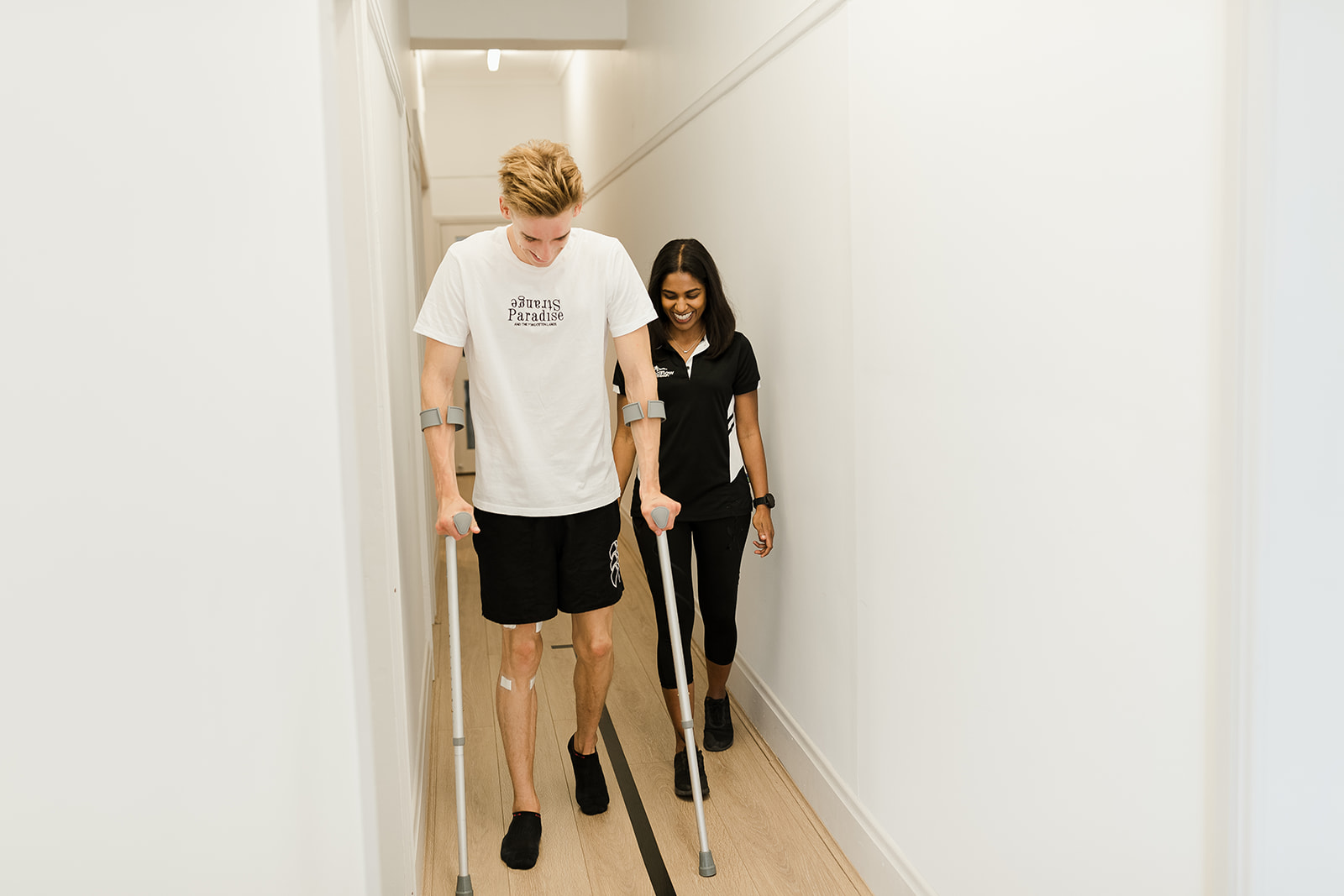
5. You’re recovering from surgery or a fracture
Surgery, fractures, and even a few weeks in a cast or boot can leave you with stiffness, weakness, and reduced confidence in your body. Rehab isn’t just about “getting moving”, it’s about regaining full function, building strength and returning to daily activities and sport safely. Without it, you risk slower healing and long term limitations.
6. You Want to Stay Ahead of Injuries
You don’t have to be in pain to see a physio. If you’re training for an event, starting a new sport, or just want to feel and move better, we are here to help! We can assess how your body is moving, identify any imbalances and give you strategies to prevent injury in the first place. Think of it like a service for your body, keeping it in top condition so it lasts a lifetime

Looking After Yourself is Never Wasted Time !
You don’t have to wait until you’re limping, avoiding certain movements, or sitting out of the things you love. Physio isn’t just about fixing injuries, it’s about helping you move better, recover faster, and keep doing activities that make you feel like you.
So whether it’s a niggle that won’t quit, a big injury, or just the feeling that something’s “off”, your future self will thank you for getting it sorted now, not later.

